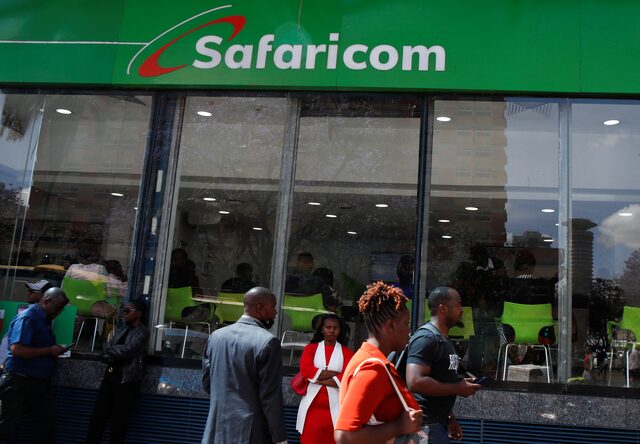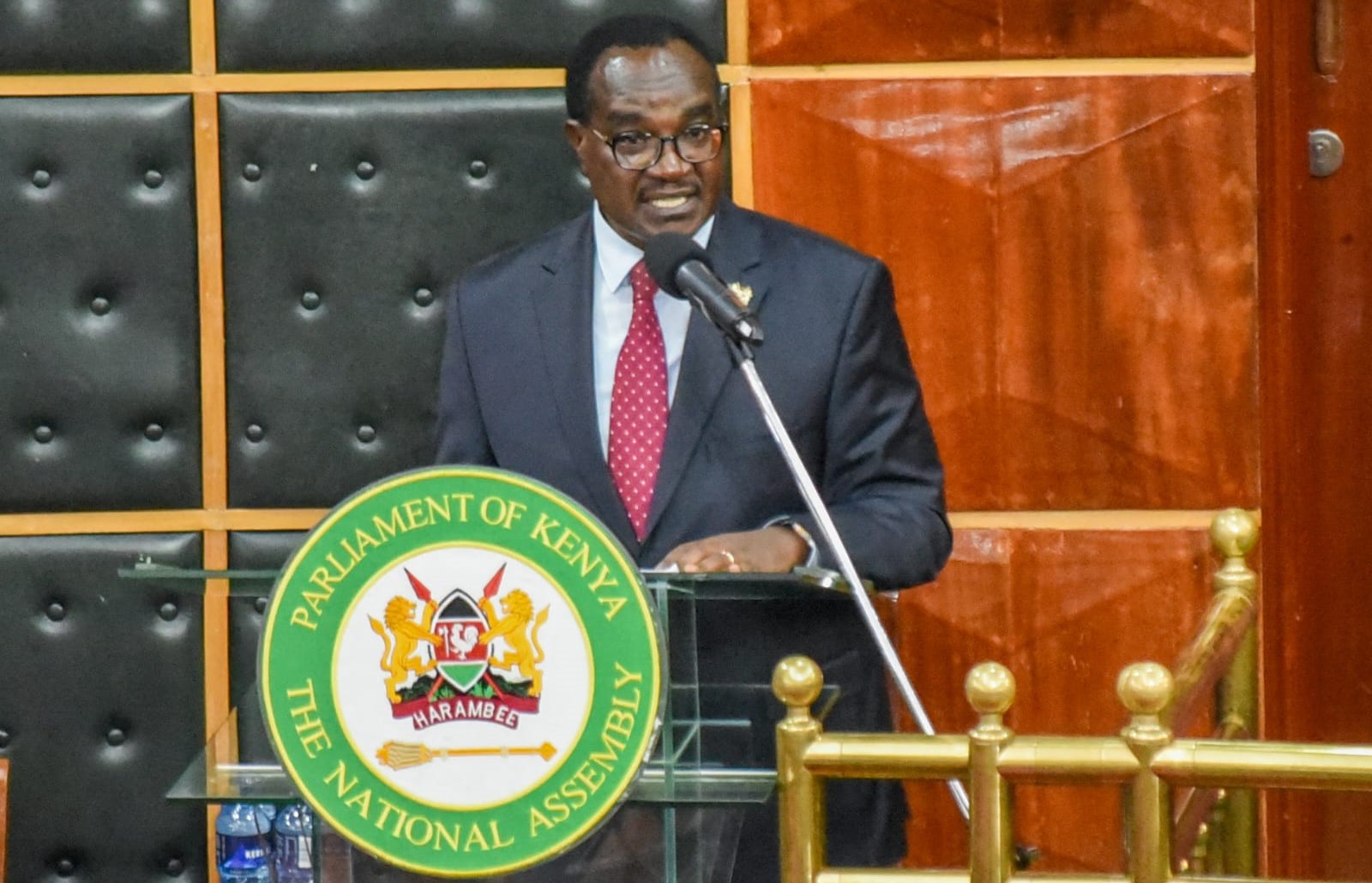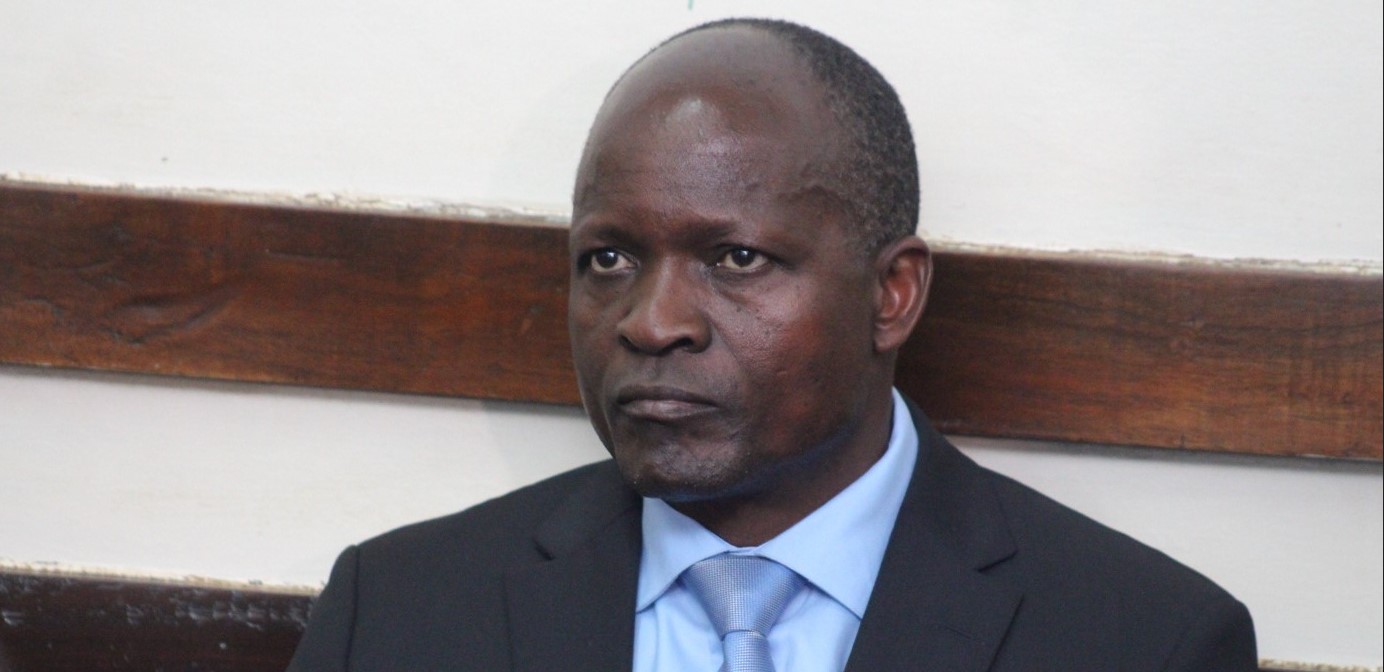Kenyans borrowed Sh629.2 billion in six months through Safaricom’s Fuliza service

Launched in 2019, Fuliza allows M-Pesa users to complete transactions even with insufficient wallet funds, within an assigned overdraft limit determined by their transaction history.
Kenyans borrowed Sh629.2 billion through Safaricom’s Fuliza service in the six months to November 2025, a 39.8 per cent increase from the same period last year, as more customers turned to short-term mobile loans.
According to the telco’s half-year financial results, the average loan size rose by 7.8 per cent, from Sh236.20 to Sh254.60, reflecting growing reliance on instant digital credit for daily expenses.
More To Read
- Safaricom’s half-year profits up 52 per cent to Sh42.8 billion as Ethiopia loss narrows
- Vodacom settles 17-year ‘Please Call Me’ dispute with former employee
- Over 600 schools to benefit as Safaricom unveils massive education initiative
- Safaricom partners with Eastleigh business community to enhance network and internet connectivity
- NCBA Bank unveils new next-generation transaction platform for corporates
- Safaricom to close select shops nationwide for staff event
The number of active Fuliza users also climbed 22.2 per cent to 9.1 million, up from 7.5 million last year.
Launched in 2019, Fuliza allows M-Pesa users to complete transactions even with insufficient wallet funds, within an assigned overdraft limit determined by their transaction history.
The service, offered in partnership with NCBA and KCB Bank, covers shortfalls for transfers, withdrawals, payments, or airtime purchases. Funds received in the account automatically repay the Fuliza loan, including interest and fees.
Safaricom charges a one-off one per cent access fee and a daily maintenance fee ranging from Sh1–Sh30, depending on the loan amount. Despite the growth, only 17.8 per cent of Safaricom’s 51.12 million 90-day active customers currently use Fuliza.
Safaricom’s M-Shwari platform also recorded user growth but weaker loan performance. Monthly active users rose 17.6 per cent to 7.9 million, while the average loan size dropped 9.7 per cent from Sh10,170 to Sh9,186. Total disbursements dipped 1.8 per cent to Sh48 billion from Sh48.9 billion last year.
Overall, M-Pesa revenue grew 14 per cent to Sh88.1 billion from Sh77.2 billion. Safaricom posted a post-tax profit of Sh42.8 billion for the first half of 2025, up 52.1 per cent from Sh28.1 billion in 2024. Service revenue rose 11.1 per cent to Sh199.9 billion, and earnings before interest and tax (EBIT) increased 54.5 per cent to Sh65.2 billion.
“The results reflect a disciplined execution of our strategy and a relentless focus on our customers. We are confident in our path guided by key strategic pillars as envisioned in our strategy house,” Safaricom CEO Peter Ndegwa said.
Capital expenditure in Kenya rose 11 per cent to Sh34.2 billion, reflecting ongoing network expansion, while Ethiopia’s CAPEX dropped 66 per cent to Sh9.5 billion.
Safaricom Kenya’s service revenue grew 9.3 per cent to Sh194 billion, with EBIT increasing 13.1 per cent to Sh89.5 billion and net income up 22.6 per cent to Sh58.2 billion, driven by rising data usage, mobile money transactions, and enterprise services.
In Ethiopia, service revenue jumped 136 per cent to Sh6.2 billion, EBIT improved 34.4 per cent to a loss of Sh24.3 billion, and net income rose 20.1 per cent to a loss of Sh15.5 billion. Safaricom said the Ethiopian market remains a key growth area, supported by network rollout and increasing digital adoption.
The company affirmed confidence in maintaining growth across both markets through greater use of digital and mobile financial services.
Top Stories Today












































